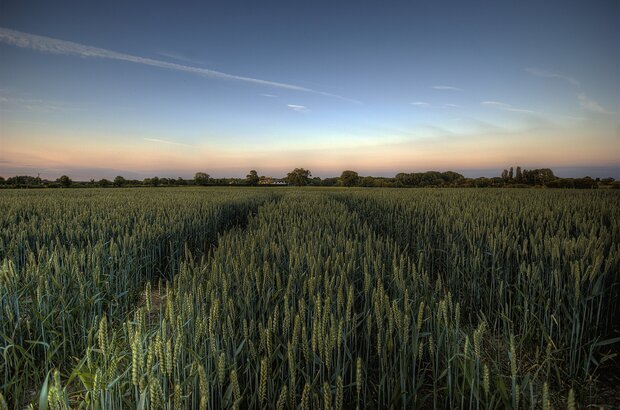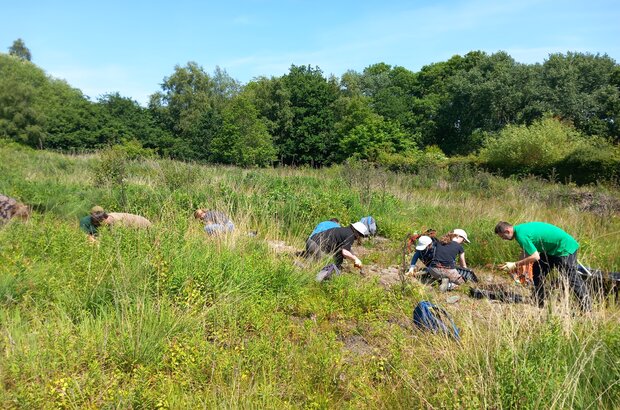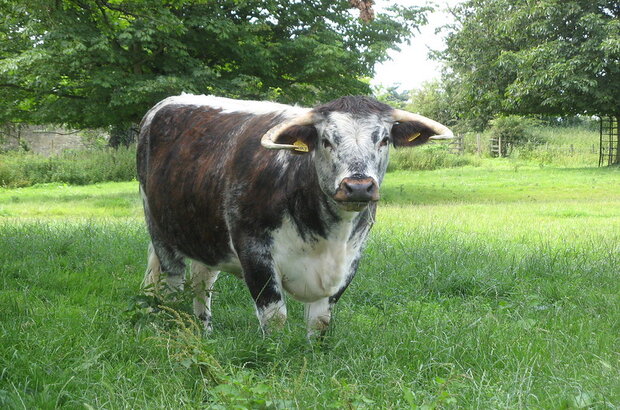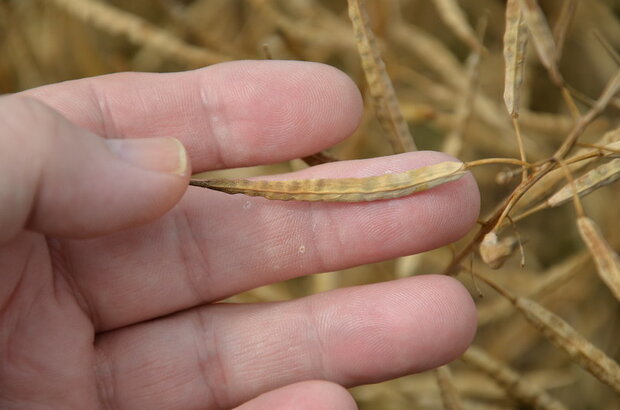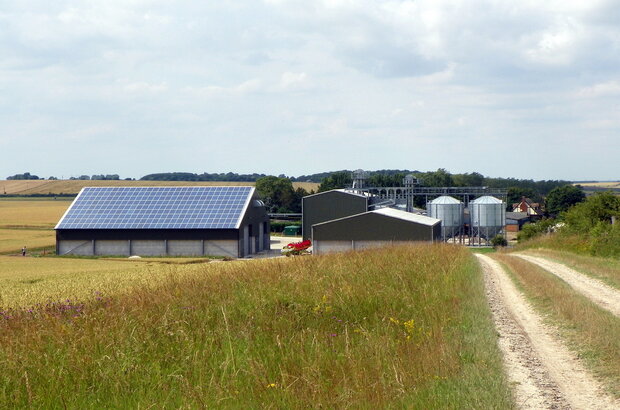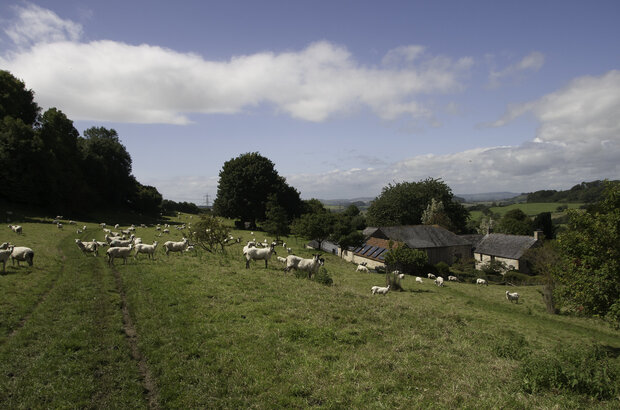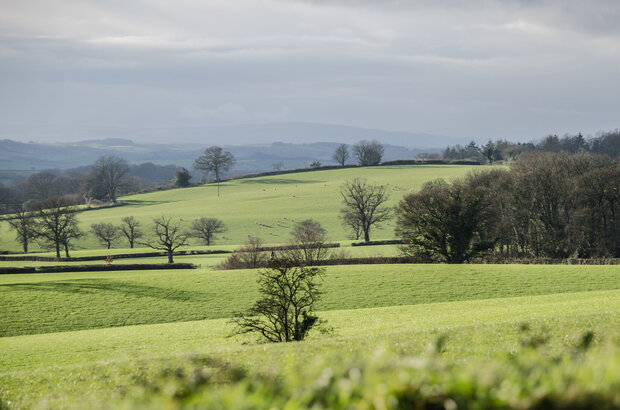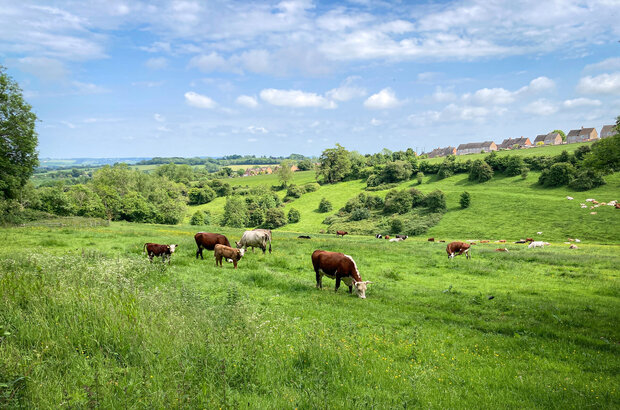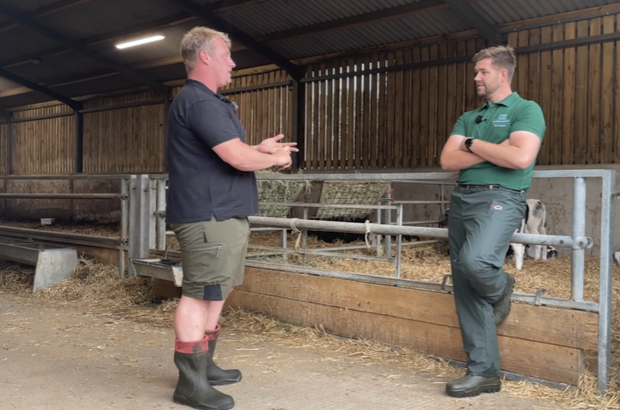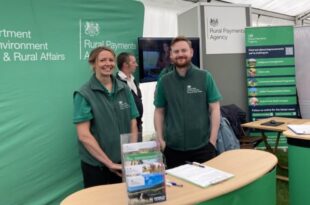We recently held a webinar for arable and horticulture farmers. Our aim was to go through the 2023 Sustainable Farming Incentive offer for those farm types and answer your questions. In this post, I'll share a summary of the things we covered and set out the offer for these sectors.
The Wigan Greenheart Landscape Recovery project covers a combined area of approximately 1,446 hectares in Lancashire. In this post, project manager Tony Da Silva shares an overview of the site, its history and the project team's ambition to support a thriving natural environment in which people, wildlife and agriculture can flourish.
A sustainable network of smaller abattoirs is an important part of the food supply chain. They support food security and maintain a competitive route to the market for a wide range of meat products. In this post, we’ll share the details of a grant designed to support this part of the sector.
On 15 January, we’ll open another round of the Large R&D Partnerships competition. Part of the Farming Innovation Programme, this competition offers a share of £7.8 million to farmers, growers and foresters in England to take forward ideas that improve productivity, sustainability, resilience and move the sector towards net zero. Together with our delivery partners Innovate UK, part of UK Research and Innovation (UKRI), we published the competition guidance today.
In a few weeks’ time, you will once again have the opportunity to apply for an Improving Farm Productivity grant. The grant pays for capital items including robotic, automatic and solar equipment that improve farm and horticulture productivity. To help you prepare, we’ve published guidance on GOV.UK. In this post, I’ll share an overview of the grant, the changes we've made following Round 1 and link to the guidance.
At the end of November, we shared details of a grant designed to help farmers attract private investment into nature. We said we’d blog again when it was time to apply and we’re pleased to say that from today, you can. This post includes a link for you to watch a recording of our webinar on the grant.
As part of the agricultural transition away from the European Union (EU), we’re committed to delivering a better regulation system for farming. At the moment, farmers who receive payments under the Basic Payment Scheme (BPS) and some other agri-environment schemes must meet minimum standards to receive those payments. This is known as cross compliance. Cross compliance will end 31 December 2023. We've published guidance about what this means for farmers and land managers on GOV.UK.
On Monday 20 November, we held a webinar for livestock and grassland farmers. If you missed the webinar, don't worry. In this post, I'll share a link to the recording. I'll also include the top questions farmers put to us and a summary of the offer for those farm types.
Through the Farming Resilience Fund, farmers and land managers who receive BPS payments can access free, independent business advice. In this film, we travel to Shropshire to meet rare breed pig farmers Sarah and Byron Odell. Together with their adviser Karen Fisher, they describe their business objectives and the advice they were given.
I am pleased to tell you that the annual health and welfare review of livestock is now open to non-BPS registered farmers, meaning more livestock keepers in England can now apply. Through the Review, farmers who keep cattle, sheep and pigs can get funding to pay for a vet to visit their farm and carry out a yearly review.
